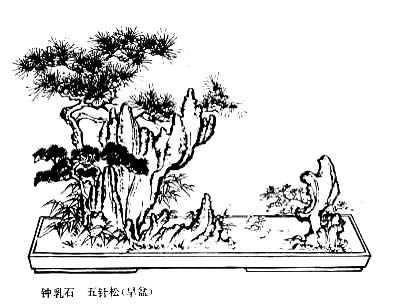論
語
Lun Yu 
 – The Analects of Confucius
– The Analects of Confucius
The Master discusses with his disciples and unveil his preoccupations with society. Tr. Legge (en), Lau (en) and Couvreur (fr).
                                       | |||||||||||||||||||||||||||||||||||||||||||
| |||||||||||||||||||||||||||||||||||||||||||
 |  |
Lunyu VII. 36. (186)
Meanness not so bad as insubordination.
The Master said, "Extravagance leads to insubordination, and parsimony to meanness. It is better to be mean than to be insubordinate."
Legge VII.35.
The Master said, 'Extravagance means ostentation, frugality means shabbiness. I would rather be shabby than ostentatious.'
Lau [7:36]
Le Maître dit : « La prodigalité conduit à l'arrogance, et la parcimonie à l'avarice. L'arrogance est pire que l'avarice. »
Couvreur VII.35.

The Analects of Confucius – Lun Yu VII. 36. (186) – Chinese on/off – Français/English
Alias the Lunyu, the Lun Yü, the Analects, les Entretiens du maître avec ses disciples.
The Book of Odes, The Analects, Great Learning, Doctrine of the Mean, Three-characters book, The Book of Changes, The Way and its Power, 300 Tang Poems, The Art of War, Thirty-Six Strategies
Welcome, help, notes, introduction, table.
Index – Contact – Top
